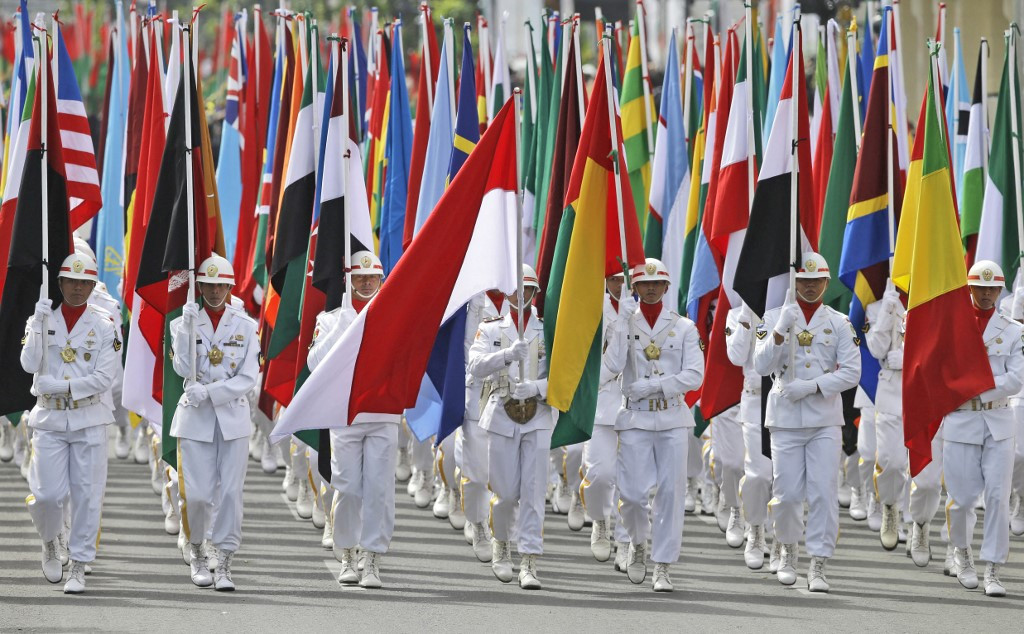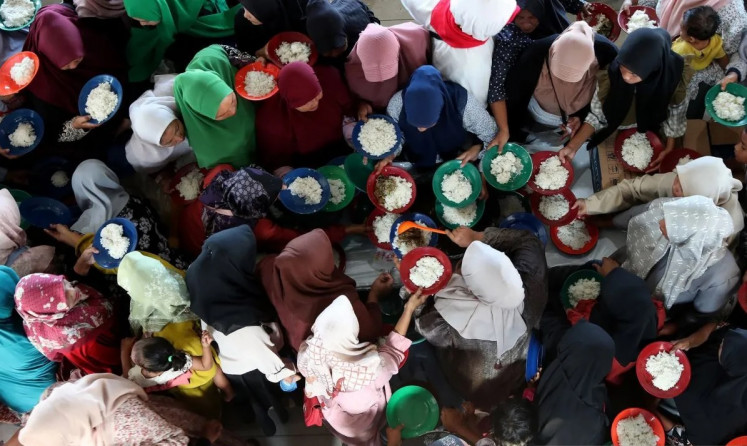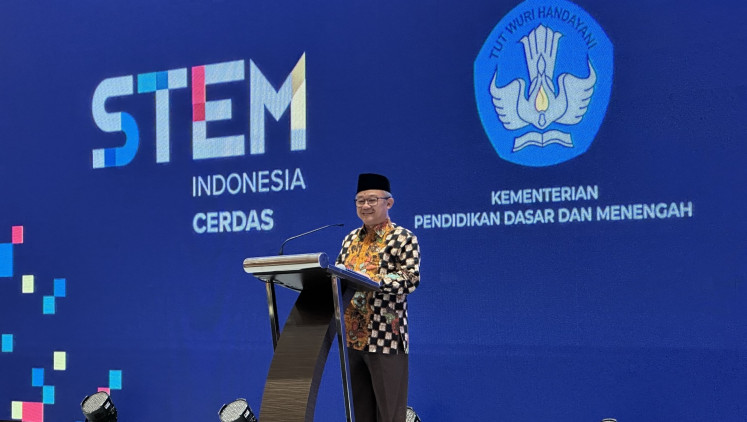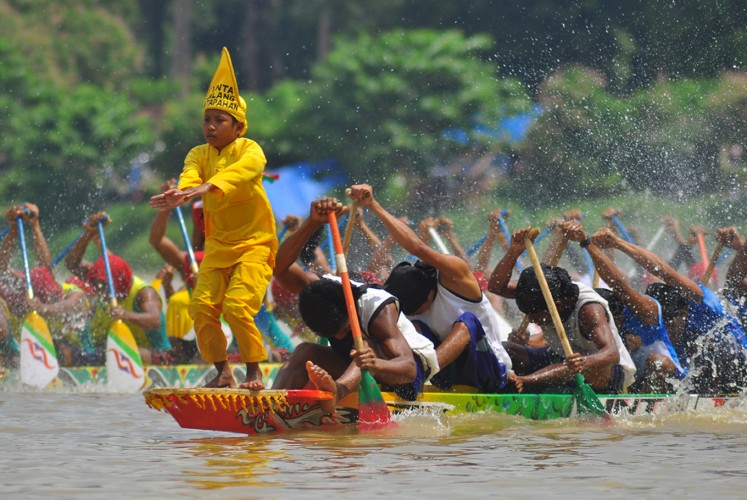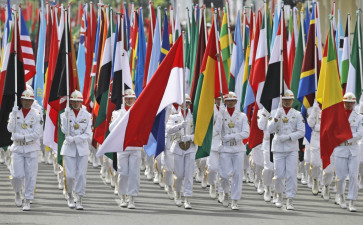Popular Reads
Top Results
Can't find what you're looking for?
View all search resultsPopular Reads
Top Results
Can't find what you're looking for?
View all search resultsWhy culture still matters in the Global South’s fight for justice
Seventy years after Bandung, the spotlight often falls on its political legacy, but what is often forgotten is that the Bandung Spirit was never merely political, but also profoundly cultural.
Change text size
Gift Premium Articles
to Anyone
T
hrough the speech “To Build the World Anew” at the United Nations General Assembly in 1960, a Memory of the World (MoW) of UNESCO, Indonesia’s first President, Sukarno, delivered a powerful message to the world about political independence, along with the spirit of economic freedom, cultural dignity and peaceful coexistence.
Beyond politics, he spoke of civilization, emphasizing the importance of resisting imperialism not just through borders and flags, but also through memory, language, art, religion and heritage. More importantly, it asserts that culture is at the heart of the struggle for independence.
Why does culture matter so profoundly? Because it is what colonialism seeks to control first, as it never begins with borders, rather it begins with the mind. Colonialism erases stories, renames places, bans languages, degrades faiths and dismantles traditions.
By erasing indigenous narratives, renaming cities, outlawing native tongues and appropriating symbols, colonial powers systematically undermine the foundations of cultural sovereignty.
This idea resonates with American political scientist Samuel P. Huntington’s infamous thesis in The Clash of Civilizations, whereby he contends that cultural fault lines will become the dominant source of conflict in the post-Cold War era.
In this light, the Asia-Africa Conference of 1955 and the enduring Bandung Spirit were geopolitical assertions of sovereignty and profound cultural affirmations. They signaled a unified refusal to allow the Global South’s civilizations to be dismissed, diminished or defined by others.
In reclaiming their cultural voice, Asian and African nations laid the groundwork for a new internationalism, one rooted not in domination, but in mutual respect, shared dignity and the support of the principle of self-determination of peoples and nations as outlined in the Charter of the United Nations.

